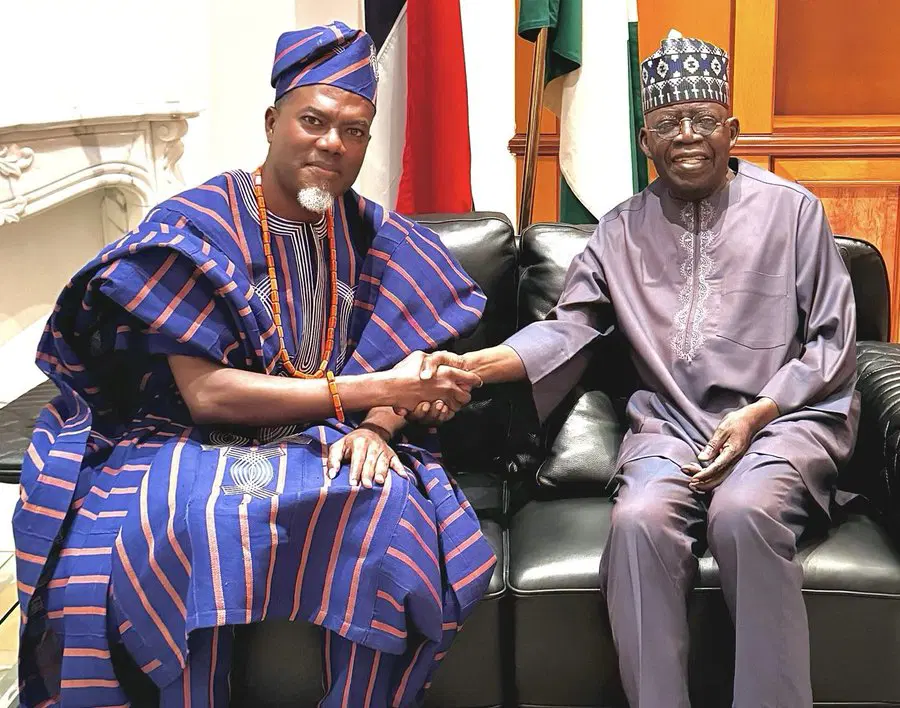
Despite revenue-generating agencies’ report of surpluses for the 2024 fiscal year, the Federal Government, yesterday, cited legislative approvals and budgetary requirements for continued borrowing.
This was disclosed during an interactive session between the government’s revenue agencies and the National Assembly Joint Committees on Finance, Budget, and National Planning, focusing on the 2025-2027 Medium Term Expenditure Framework (MTEF) and Fiscal Strategy Paper (FSP).
Meanwhile, the United Nations Economic Commission for Africa (UNECA) lamented that 40 per cent of African countries were in debt crises or at high risk, with most spending more on debt servicing than on capital projects.
Key agencies provided updates on their performance and projections. Comptroller-General of Nigerian Customs Service (NCS), Bashir Adeniyi, revealed that by September 30, 2024, the service had generated N5.352 trillion, surpassing its 2024 target of N5.09 trillion. For 2025, NCS projected revenues of N6.3 trillion, with yearly 10 per cent growth for subsequent years.
Group Chief Executive Officer (GCEO) of NNPCL, Mele Kyari, stated that the company exceeded its 2024 revenue target of N12.3 trillion by generating N13.1 trillion. NNPCL projected N23.7 trillion in revenues for 2025.
Federal Inland Revenue Service (FIRS) Chairman, Zacch Adedeji, reported surpassing targets across several tax streams. Overall, FIRS reportedly realised N18.5 trillion of the projected N19.4 trillion by September 2024.
The laudable performance prompted lawmakers to question the Presidency’s continued reliance on borrowing.
Senator Adamu Aliero (PDP, Kebbi Central) wondered why the government still sought foreign loans despite exceeding revenue targets.
But Adedeji explained the borrowing as part of the appropriation law passed by the National Assembly.
Minister of Budget and Economic Planning, Abubakar Bagudu, added that the N9.7 trillion deficit in the N35.5 trillion 2024 budget necessitated borrowing to fund critical areas. He noted the government’s long-term plan under Agenda 2050, which aims for a Gross domestic product (GDP) per capita of $33,000.
Minister of Finance and Coordinating Minister of the Economy, Wale Edun, emphasised the need for borrowing to address funding gaps, especially for initiatives targeting the most vulnerable.
The Director General, Budget Office, Tanimu Yakubu, in his presentation, outlined key factors influencing Nigeria’s medium-term economic outlook, highlighting the impact of geopolitical tensions, domestic challenges and structural vulnerabilities.
He emphasised the need for fiscal discipline, efficient resource allocation and mitigation.
The Nigeria Immigration Service (NIS) faced criticism for alleged lopsided Public-Private Partnership (PPP) agreement on passport production. The arrangement reportedly allocated 70 per cent of proceeds to a consultancy firm while the government retained only 30 per cent.
Chairman of the Senate Committee, Sani Musa, ordered the service to submit all related documents and called for a review or cancellation of the agreement.
“The so-called PPP arrangement must be reviewed or cancelled because Nigeria and Nigerians are seriously being short-changed,” he said.
The session underscored the paradox of increased revenues alongside persistent borrowing, prompting lawmakers to call for enhanced fiscal discipline and transparency in budget implementation.
The government reiterated its commitment to meeting budgetary needs.
THE Deputy Executive Secretary and chief economist at UNECA, Hanan Morsy, spoke at the ongoing 2024 African Economic Conference (AEC) with the theme ‘Securing Africa’s Economic Future Amidst Rising Uncertainty’.
Morsy called for an overhaul of the common framework of the Group of 20 (G20).
She said, “There is a need to become efficient, timely and transparent. We need an integrated framework that includes the private sector, avoids prolonged negotiations and ensures comparability of treatment.”
Citing Egypt’s recent success with Samurai and Panda bond issuances in advocating for diversified funding sources for economies, she added: “These bonds attracted interest rates of 1.5 per cent and three per cent, respectively, a stark contrast to the eight per cent rate associated with Eurobonds.
“African countries must tap into alternative financing mechanisms and utilise guarantee schemes to lower borrowing costs.”
On his part, Vice-President at the African Development Bank (AfDB), Kevin Urama, emphasised the need for capacity building among African governments and institutions.
The chief economist spotlighted initiatives like the Public Financial Management Academy for Africa, inaugurated in 2021, which aims to modernise tax systems, widen tax bases and digitising financial processes.
Urama stressed the need for unified negotiation positions, supported by data and rigorous analysis, to navigate complex international financial systems.






